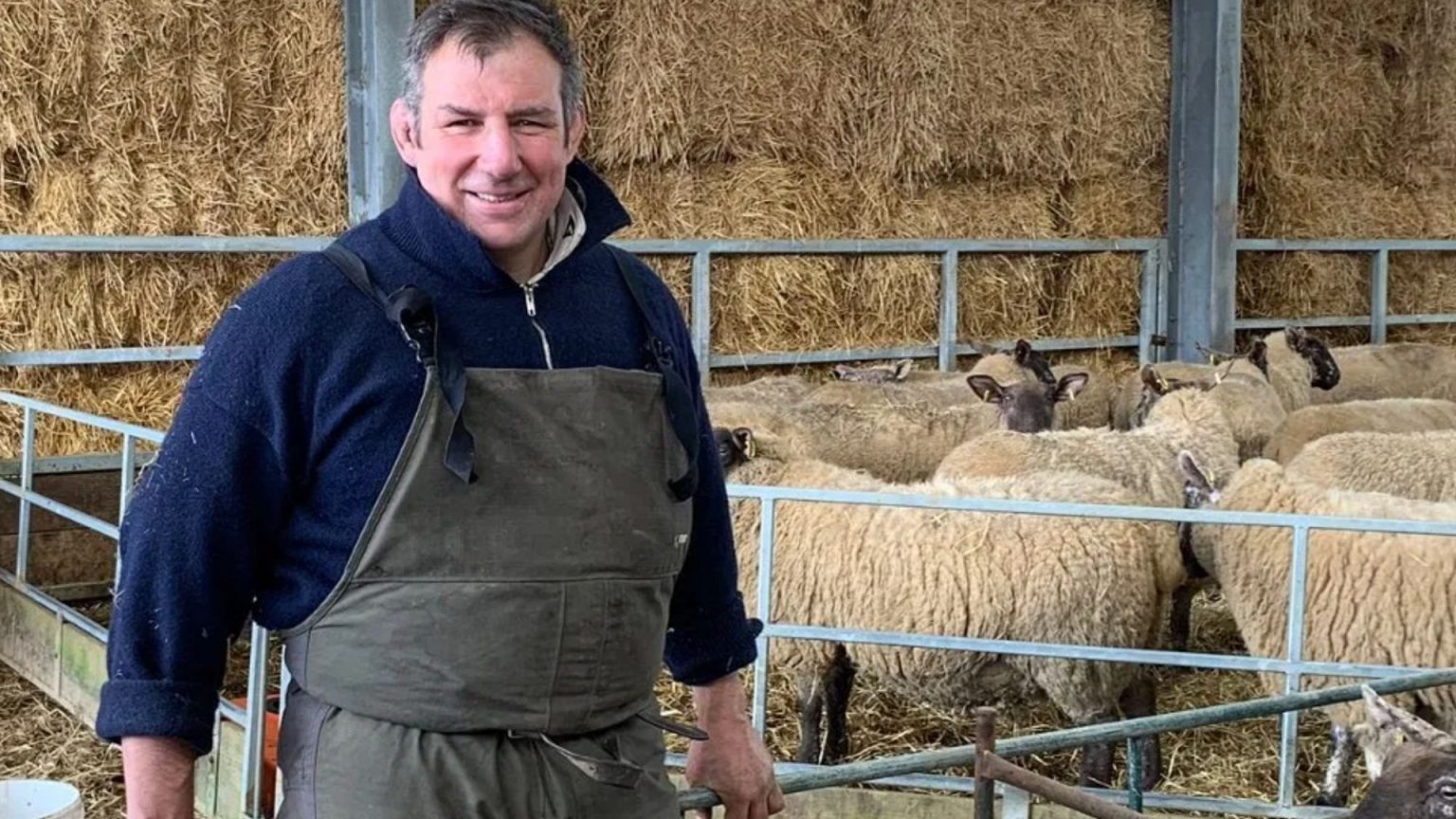From Rugby Pitch to Pasture: Julian White’s Transformation into a Champion Farmer
Julian White MBE, a name synonymous with the glory of England’s 2003 Rugby World Cup victory, has traded the roar of the stadium for the quiet bleating of sheep and lowing of cattle. The 51-year-old former powerhouse prop, renowned for his front-row dominance with the Leicester Tigers, has embarked on a second act, swapping his rugby boots for wellies and cultivating a life firmly rooted in the soil of his beloved Crabtree Farm in Leicestershire. This remarkable transformation began in 2006, during the twilight of his professional rugby career, as a conscious effort to cultivate a life beyond the single-minded focus of professional sports. Recognizing the need for balance and a future beyond the pitch, White began renting a field and tending a small flock of sheep, laying the groundwork for the life he leads today alongside his wife, Sara, and their three children.
White’s transition from the high-octane world of professional rugby to the demanding yet fulfilling life of a farmer has not been without its challenges. The common misconception that his sporting success translated into vast wealth has often led to misunderstandings within the farming community, where some perceive him as a millionaire dabbling in agriculture. The reality, however, is far removed from this assumption. White has faced the same financial constraints, unpredictable weather patterns, and arduous learning curve that any aspiring farmer encounters. From the devastating impact of the “Beast from the East,” which froze newborn lambs in their pens, to the recurring threat of floods impacting his livelihood, White has navigated the inherent hardships of farming with resilience and determination.
Despite the financial and environmental challenges, White’s passion for farming remains unwavering. He acknowledges the difficult moments, the struggles to break even, and the unpredictable nature of his chosen profession, but his love for the land and the livestock outweighs the hardships. This dedication has not only sustained him through difficult times but has also propelled him to achieve recognition within the farming community. Just as he once strived for victory on the rugby field, White now channels that same competitive spirit into his farming endeavors, earning national awards for his cattle and opening his farm to visitors, sharing his passion and knowledge with a wider audience.
The contrast between White’s two worlds is stark, yet the underlying principles of hard work, dedication, and a relentless pursuit of excellence remain constant. He readily admits that farming is no easy task, filled with long hours, physical labor, and constant uncertainties. But in the quiet rhythms of rural life, tending to his 600 sheep and 90 cows, he has found a different kind of fulfillment, a connection to the land and a sense of purpose that transcends the accolades and adrenaline of his sporting past.
White’s story is a testament to the power of adaptation and the pursuit of passion. He hasn’t simply traded one career for another; he has embraced a complete lifestyle change, immersing himself in the challenges and rewards of a life deeply connected to the natural world. He has demonstrated that success can be measured not just in trophies and titles, but in the quiet satisfaction of a day’s work well done, the nurturing of life, and the building of a legacy rooted in the rich soil of his farm.
His journey from the roar of the rugby stadium to the tranquil fields of his farm encapsulates a powerful message: the pursuit of a fulfilling life lies not in clinging to past glories, but in embracing new challenges with the same dedication and passion that fueled previous successes. Julian White’s story is a reminder that true fulfillment can be found not only in the spotlight of public acclaim, but also in the quiet, unassuming rhythms of a life lived in harmony with nature and in pursuit of personal passion.




